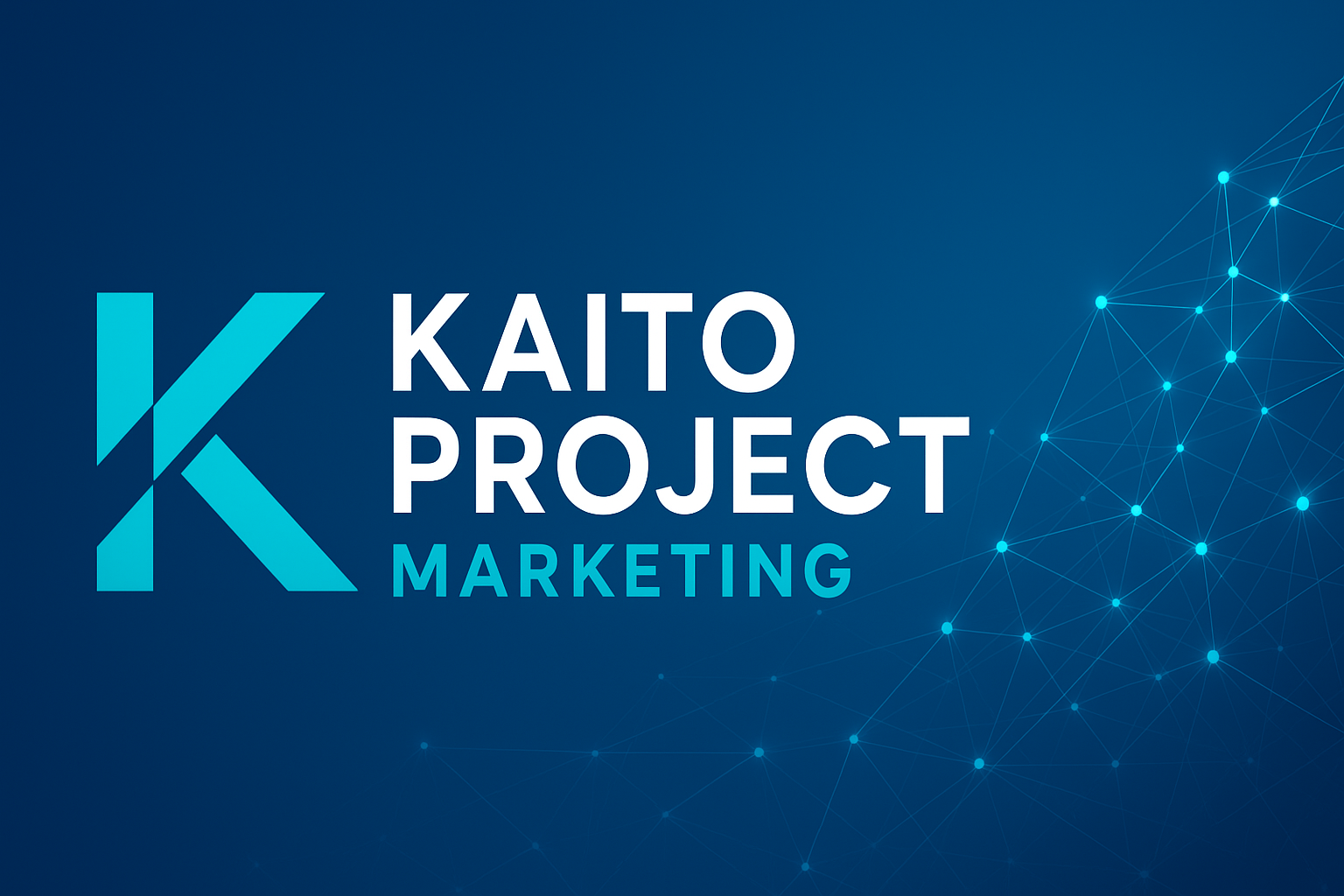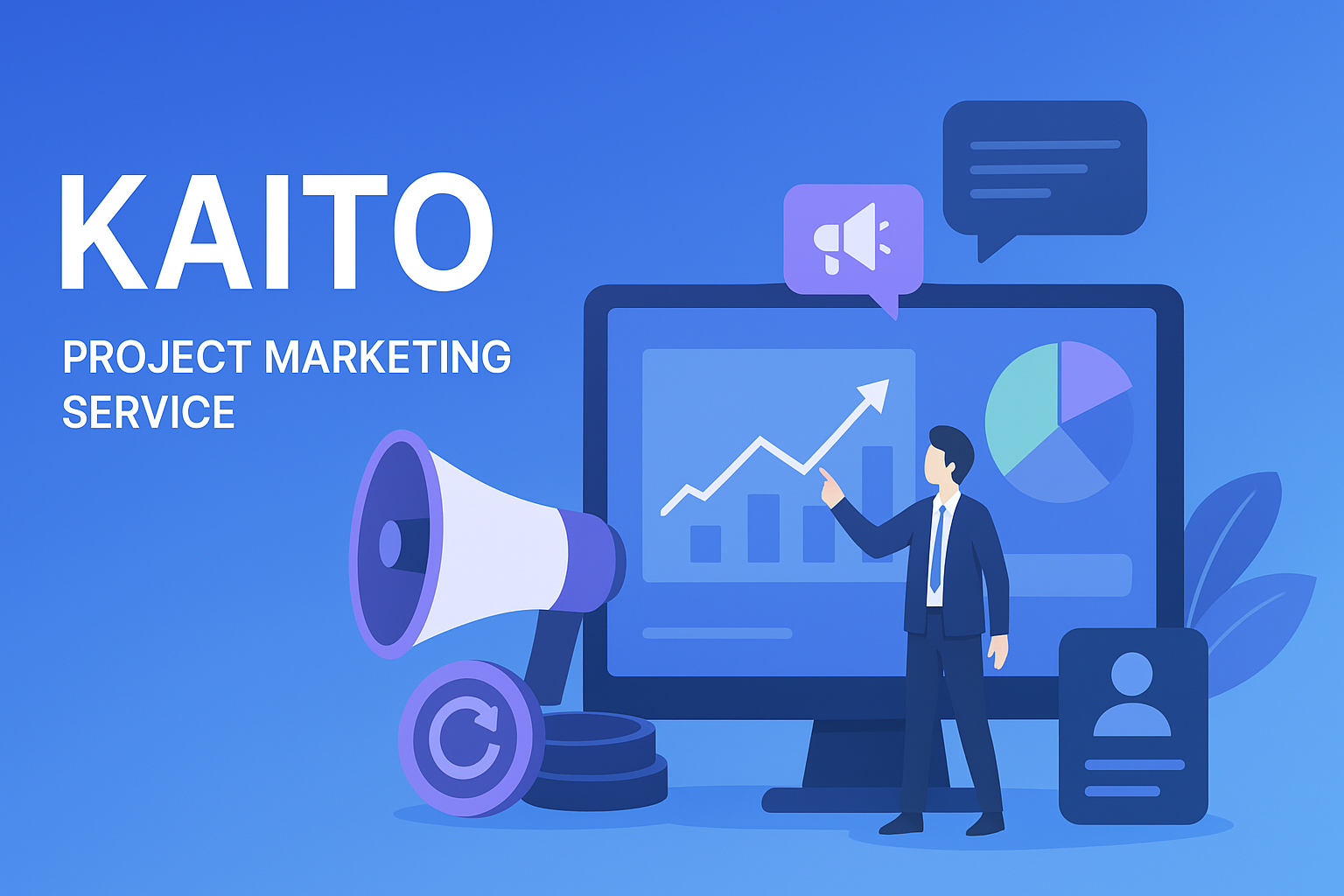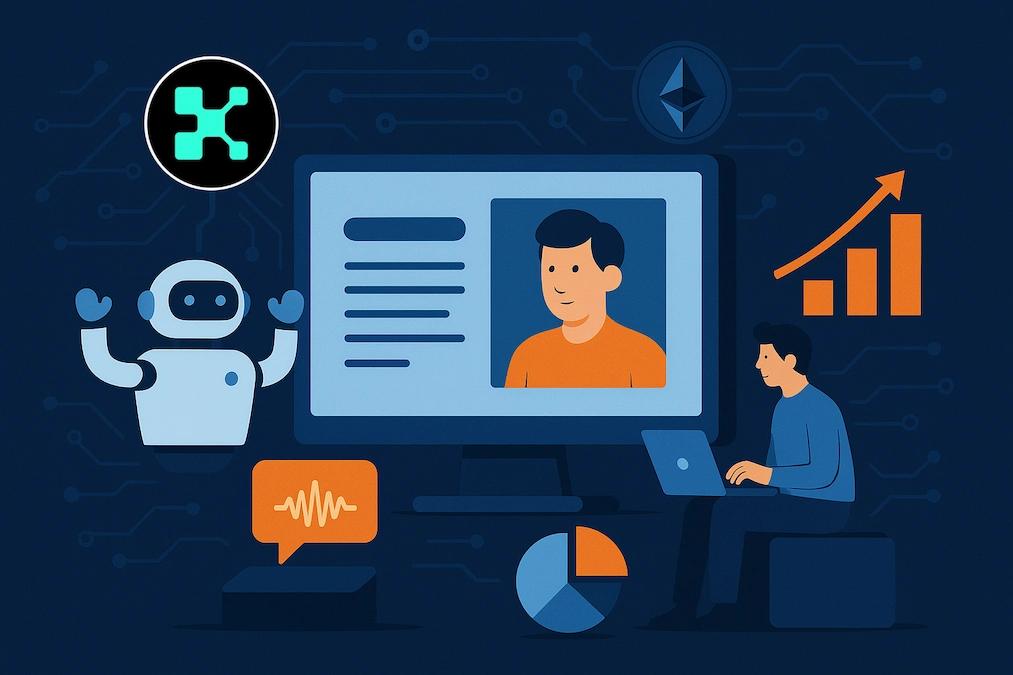
The landscape of customer support is undergoing a dramatic transformation in 2025. As customer expectations for instant, accurate, and personalized service reach new heights, businesses are under immense pressure to deliver high-quality interactions across all channels. In this rapidly evolving environment, traditional support models—reliant on human agents alone—are proving increasingly insufficient. Enter the agent assist solution: an AI-powered support layer that acts as a real-time co-pilot for customer service agents.
Agent assist technology has emerged as a critical component in the modern customer experience (CX) stack. It empowers agents by delivering relevant information instantly, predicting customer intent, and automating repetitive tasks. As more companies strive to balance operational efficiency with customer satisfaction, agent assist solutions are quickly becoming indispensable.
Understanding Agent Assist: More Than Just AI
At its core, an agent assist solution is designed to augment, not replace, human support agents. Unlike chatbots, which interact directly with customers, agent assist tools work behind the scenes. They provide contextual recommendations, knowledge suggestions, and intelligent workflows while an agent is engaging with a customer. This support ranges from surfacing answers based on conversation history to prompting next best actions, helping agents make faster and better decisions.
Modern agent assist platforms are powered by advanced machine learning, natural language understanding (NLU), and generative AI models. These systems continuously learn from past interactions and adapt to different customer needs and industry-specific queries. By blending automation with human empathy, agent assist solutions create a symbiotic relationship that significantly enhances service quality.
The Rise in Demand: What’s Driving Adoption?
Several macro and micro trends are driving the rapid adoption of agent assist technology across industries. First and foremost is the surge in customer service complexity. As product ecosystems grow and customers interact across multiple digital channels, support queries are becoming more nuanced and contextual. Agents need help navigating these layers in real time.
Additionally, talent shortages in customer service have become a global concern. Training new agents takes time, and high attrition rates make it difficult to build experienced teams. Agent assist tools help close this gap by enabling even new hires to deliver expert-level support through AI-driven recommendations.
Another key factor is the increasing pressure to reduce costs without compromising service quality. Companies are looking for ways to boost productivity, shorten resolution times, and minimize errors. Agent assist platforms deliver on all three fronts by streamlining workflows and reducing the cognitive load on agents.
Finally, the growing demand for personalized customer experiences has created a need for smarter tools. Consumers expect support agents to know their history, preferences, and past issues. Agent assist solutions provide this context instantly, helping agents tailor interactions and create more meaningful conversations.
Real-Time Intelligence for Real-World Problems
One of the most powerful aspects of agent assist solutions is their ability to operate in real time. Imagine a customer contacting a telecom provider about a recurring billing issue. As the agent opens the conversation, the assist platform automatically pulls up the customer’s previous tickets, highlights related knowledge base articles, and recommends a resolution path. This entire process happens within seconds—eliminating the need for the agent to manually search or escalate the issue.
This real-time intelligence extends to sentiment analysis as well. AI can detect frustration, confusion, or satisfaction in the customer’s tone and language, and prompt agents with empathy-driven scripts or de-escalation techniques. Such proactive support capabilities reduce churn and build brand loyalty by showing customers that they are truly understood.
Empowering Agents, Not Replacing Them
There’s a growing concern that AI might eventually replace human support teams. However, agent assist solutions are proving to be the opposite. They’re designed to amplify human performance, not eliminate it. By handling routine or repetitive tasks—like retrieving data, logging information, or suggesting policy terms—these tools free up agents to focus on high-value interactions that require emotional intelligence and problem-solving skills.
For example, in industries like healthcare or insurance, where accuracy and empathy are critical, agent assist tools can guide agents through complex compliance procedures while still allowing for personalized communication. This dual advantage boosts agent confidence and reduces burnout, which is especially important in high-pressure service environments.
Moreover, experienced agents benefit from these tools just as much as newcomers. Even seasoned professionals can overlook details or miss opportunities to upsell or cross-sell. Intelligent prompts and reminders ensure that every agent, regardless of experience, operates at peak performance.
Integration with Omnichannel Workflows
As businesses move toward omnichannel engagement, support teams are tasked with managing customer interactions across chat, email, social media, voice, and more. This diversification makes consistency a challenge. Agent assist solutions serve as a unifying layer across all these channels.
Whether an agent is responding to a live chat or taking a call, the assist tool provides unified context—customer data, past interaction history, and relevant documentation—all in a single interface. This not only reduces task-switching fatigue but also ensures a seamless experience for customers moving between channels.
Integration with CRM platforms, helpdesk software, and third-party knowledge bases further enhances the power of agent assist systems. With deep integrations, AI can pull data from multiple repositories to create a complete 360-degree view of each customer, delivered to the agent precisely when needed.
The AI-Driven Future of Contact Centers
Agent assist tools are also revolutionizing the backend of contact centers by generating analytics and insights that were previously hard to capture. They can automatically tag conversations, identify knowledge gaps, and suggest updates to FAQs or documentation. These insights help managers understand agent performance and customer pain points, informing future training and process improvements.
In many cases, agent assist platforms come with dashboards that highlight key performance indicators (KPIs) such as average handling time, resolution rates, and agent satisfaction. These metrics enable leaders to make data-driven decisions in real time and continuously optimize operations.
Furthermore, generative AI is opening new doors by enabling dynamic knowledge generation. Instead of relying solely on static documents, agents can now receive AI-generated answers tailored to each customer’s unique question. This capability is especially useful in fast-evolving industries like fintech, where new products and regulations emerge frequently.
Industries That Benefit the Most
While agent assist technology is universally applicable, some industries have been quicker to adopt and benefit from it. E-commerce and retail brands use agent assist to manage seasonal spikes in support requests and provide product-specific answers quickly. Telecom companies rely on it to reduce call times and manage complex technical troubleshooting.
In the healthcare industry, where compliance and empathy are both crucial, agent assist tools help agents follow regulatory scripts while offering compassionate communication. Similarly, financial institutions use AI-powered assistance to navigate policy documents, detect fraud indicators, and deliver high-stakes support with precision.
Startups and SMBs are also embracing agent assist technology to level the playing field. Without the resources to hire large support teams, they can punch above their weight by using AI to deliver enterprise-grade service at scale.
The Competitive Advantage of Early Adoption
Companies that embrace agent assist technology early gain a significant competitive edge. They’re able to reduce operational costs, train agents faster, and deliver better experiences—factors that directly impact customer retention and brand reputation. In an age where consumers have endless choices, superior support is often the deciding factor in long-term loyalty.
Moreover, early adopters can shape the development of these tools. By providing feedback, co-creating use cases, and customizing features, they ensure that their AI stack evolves in sync with their business goals. This kind of strategic advantage compounds over time.
From a branding perspective, companies that showcase human-AI collaboration in support demonstrate innovation and customer-centric thinking. In the eyes of tech-savvy consumers, this positions the brand as forward-thinking and reliable.
Investing in Agent Assist: ROI Beyond Cost Savings
While the cost savings from shorter call times and fewer escalations are significant, the real ROI of agent assist tools lies in qualitative improvements. Agents are less stressed and more productive. Customers feel heard and respected. Supervisors gain clear visibility into operations. And most importantly, the company builds a reputation for intelligent, compassionate service.
Many organizations report measurable improvements within weeks of deployment. Higher CSAT scores, faster onboarding times, and reduced ticket volumes are just the beginning. The cumulative impact over months and years can be transformative—especially when these platforms are paired with a broader AI strategy that includes automation, analytics, and personalization.
Conclusion:
As we navigate deeper into the digital decade, customer experience will remain a top differentiator for businesses in every industry. Agent assist solutions—once considered optional—are fast becoming essential. They blend the efficiency of AI with the intuition of human agents to create truly intelligent support systems.
By adopting agent assist platforms in 2025, companies can not only meet rising customer expectations but also create a healthier, more empowered support team. The future of CX is collaborative, data-driven, and augmented by real-time intelligence. Agent assist is no longer a luxury—it’s the foundation of exceptional service in the modern age.





















Write a comment ...